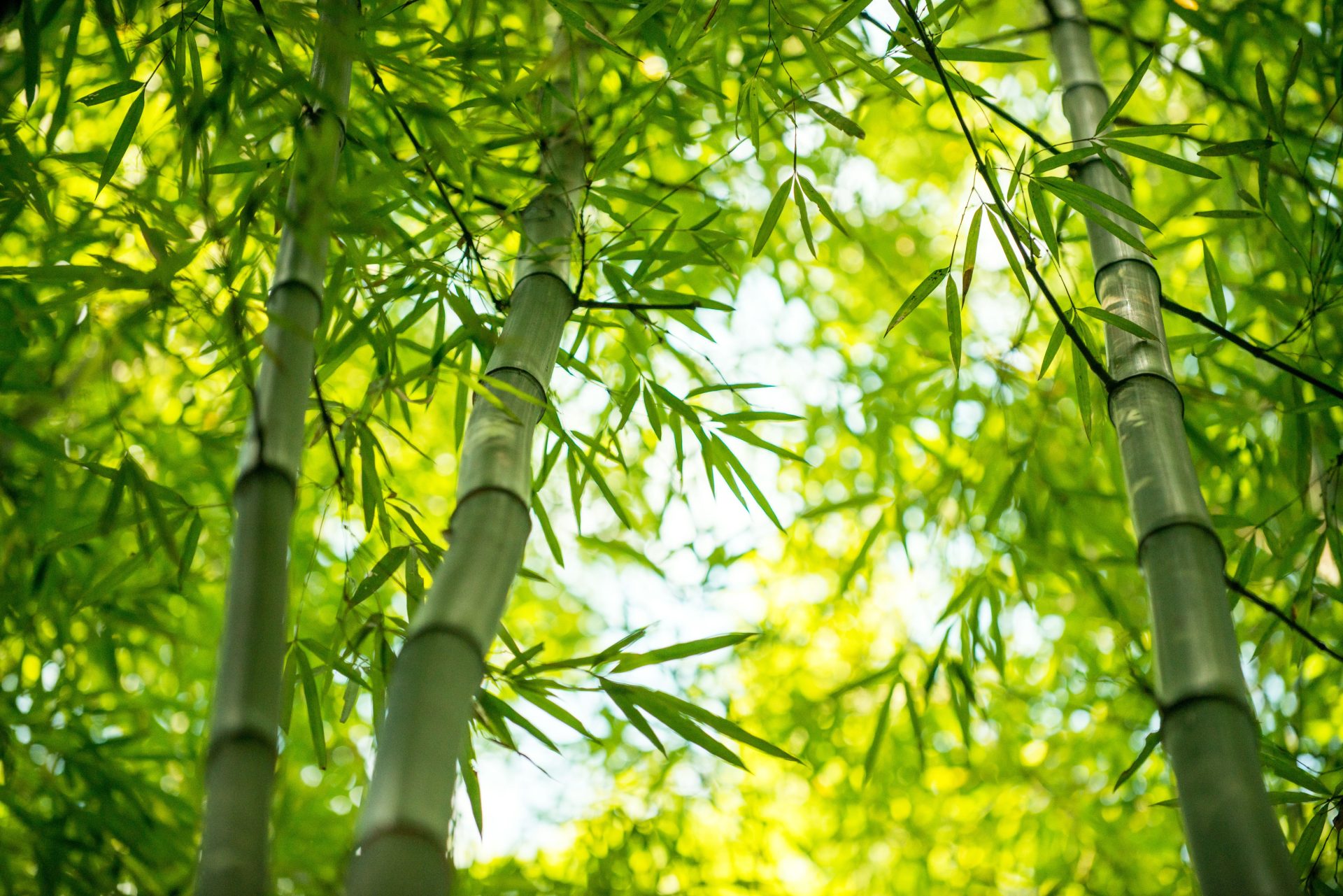(201) 802-9202
 Over the last several years, an increasing number of Municipalities have enacted Bamboo ordinances to control the planting, cultivating, and growing of Bamboo as well as to prevent the spread of existing Bamboo into other areas. Bamboo has been historically used as a property buffer as the plant grows quickly, densely, and up to a height of 30 feet depending on the species. To prevent Bamboo’s spread or growth to neighboring properties, municipal ordinances typically prohibit Bamboo unless it is planted entirely within an above-ground planter or other vessel. Even where permitted, many ordinances do not permit a height more than 8 or 10 feet. Ordinances ordinarily require that violating Bamboo be removed and remedied within 10 to 30 days of notice of a violation and failure to do so may result in a daily fine.
Over the last several years, an increasing number of Municipalities have enacted Bamboo ordinances to control the planting, cultivating, and growing of Bamboo as well as to prevent the spread of existing Bamboo into other areas. Bamboo has been historically used as a property buffer as the plant grows quickly, densely, and up to a height of 30 feet depending on the species. To prevent Bamboo’s spread or growth to neighboring properties, municipal ordinances typically prohibit Bamboo unless it is planted entirely within an above-ground planter or other vessel. Even where permitted, many ordinances do not permit a height more than 8 or 10 feet. Ordinances ordinarily require that violating Bamboo be removed and remedied within 10 to 30 days of notice of a violation and failure to do so may result in a daily fine.
The Township of Mahwah, for example, may impose a fine up to $1,000 per day. Mahwah can also remove violating Bamboo if the Property Owner does not comply with its notice of violations and charge the Property Owner for the cost of the Bamboo’s removal. Full removal of established bamboo often requires a professional and can potentially cost thousands of dollars.
Before you plant Bamboo on your Property, you must be aware of the Local Law. If you receive a Summons regarding Bamboo on your Property, it is also important to retain the right Landscape Professionals and Attorneys to represent you in any Court Action.

